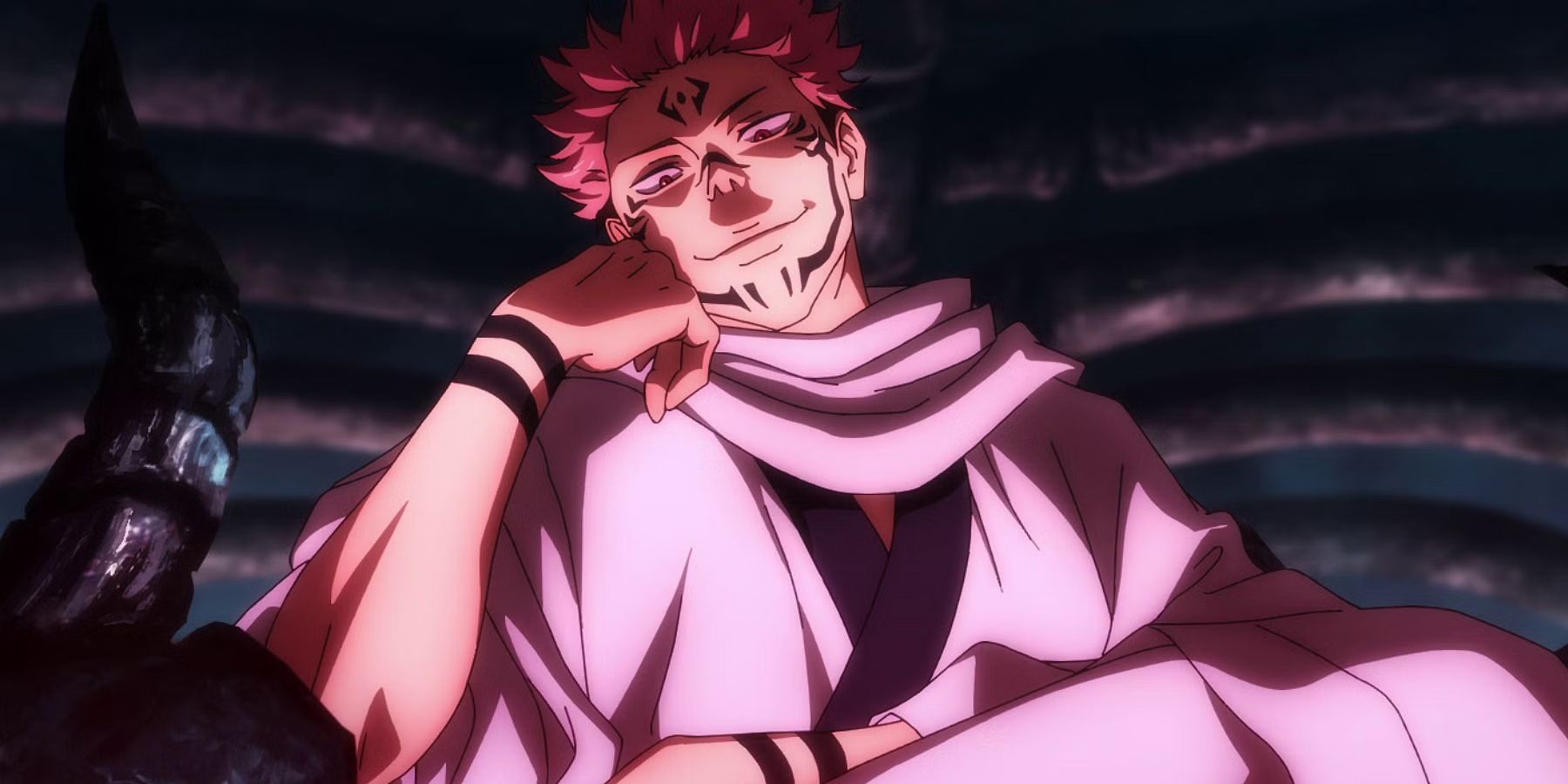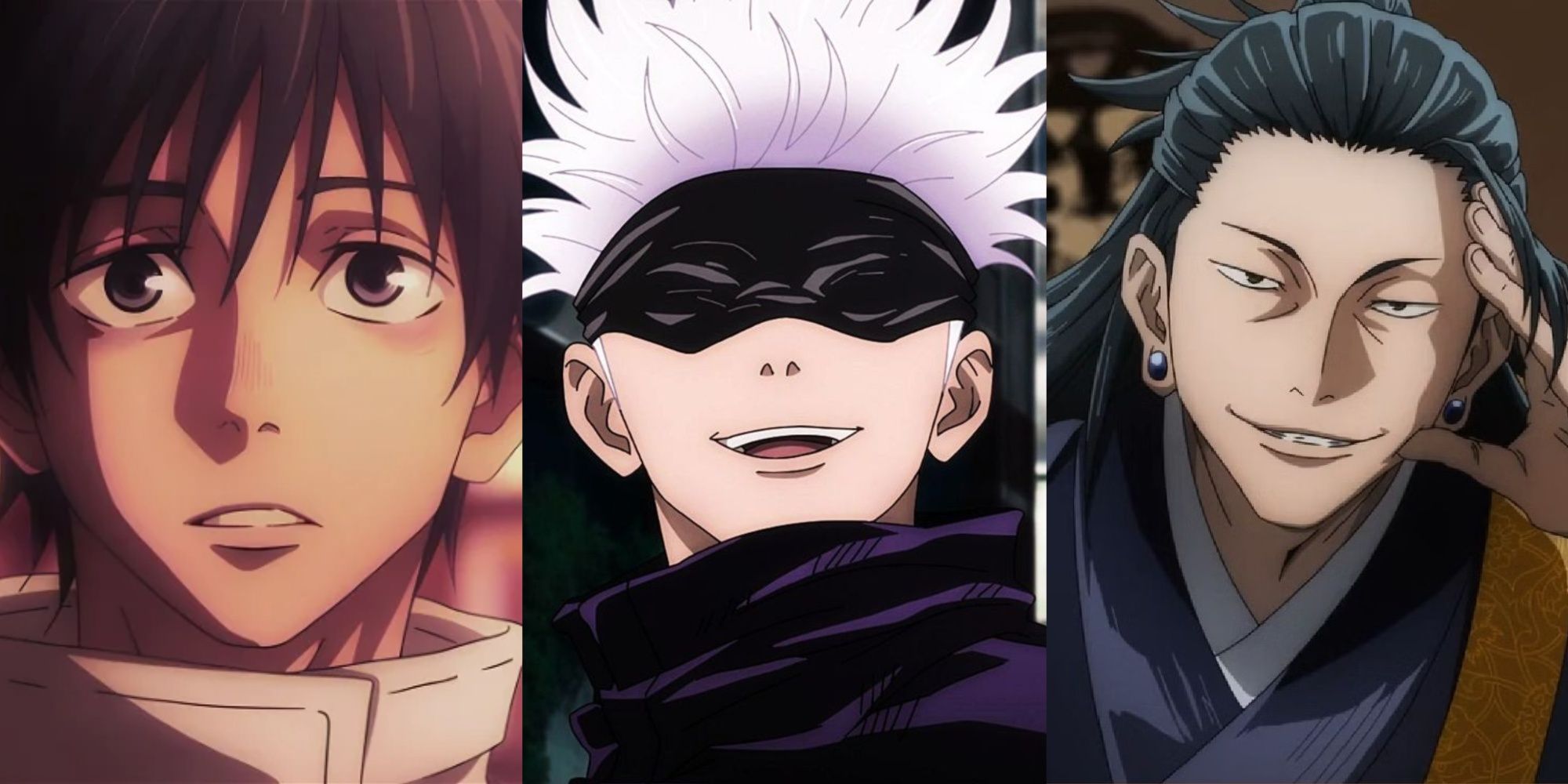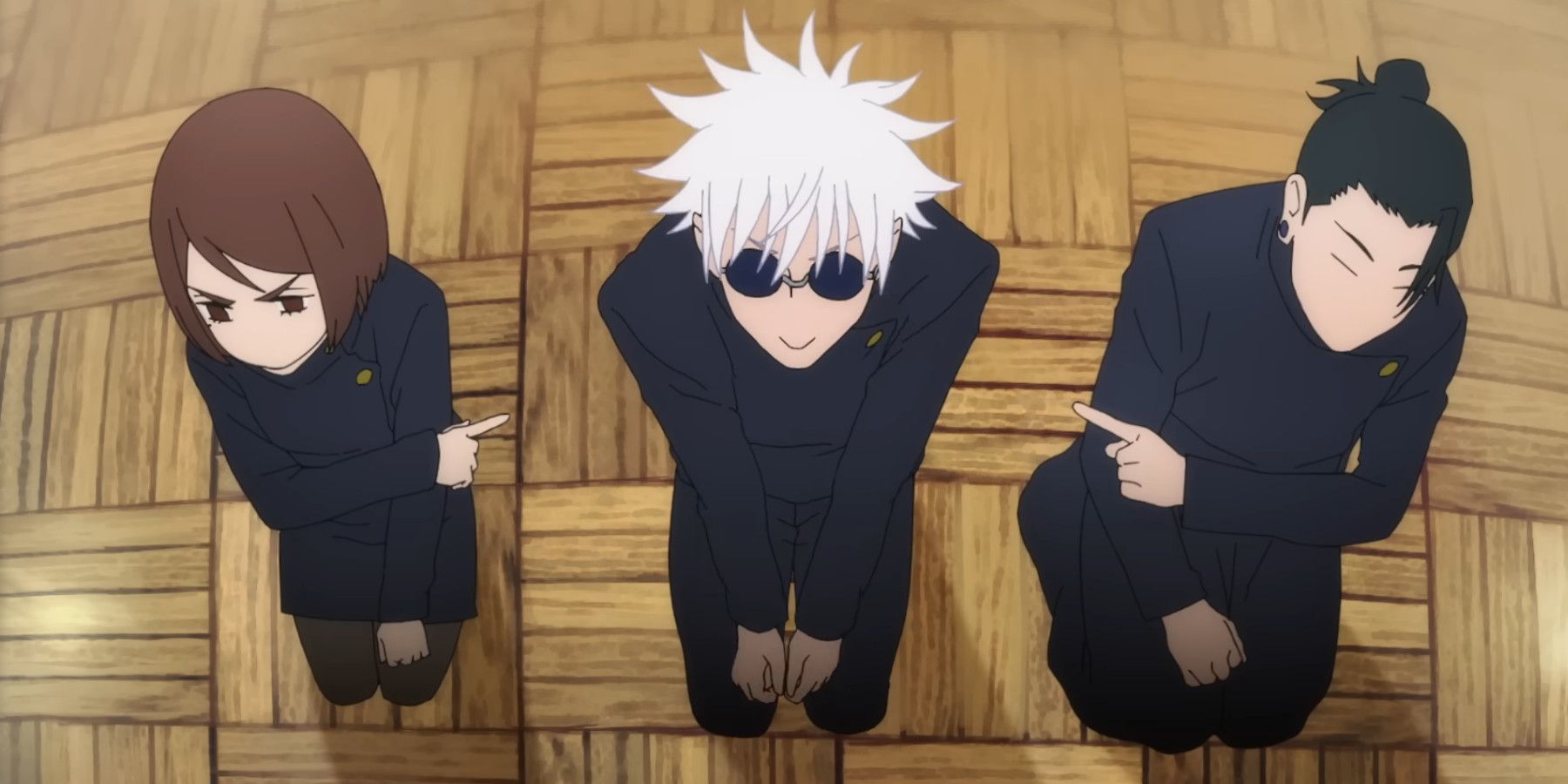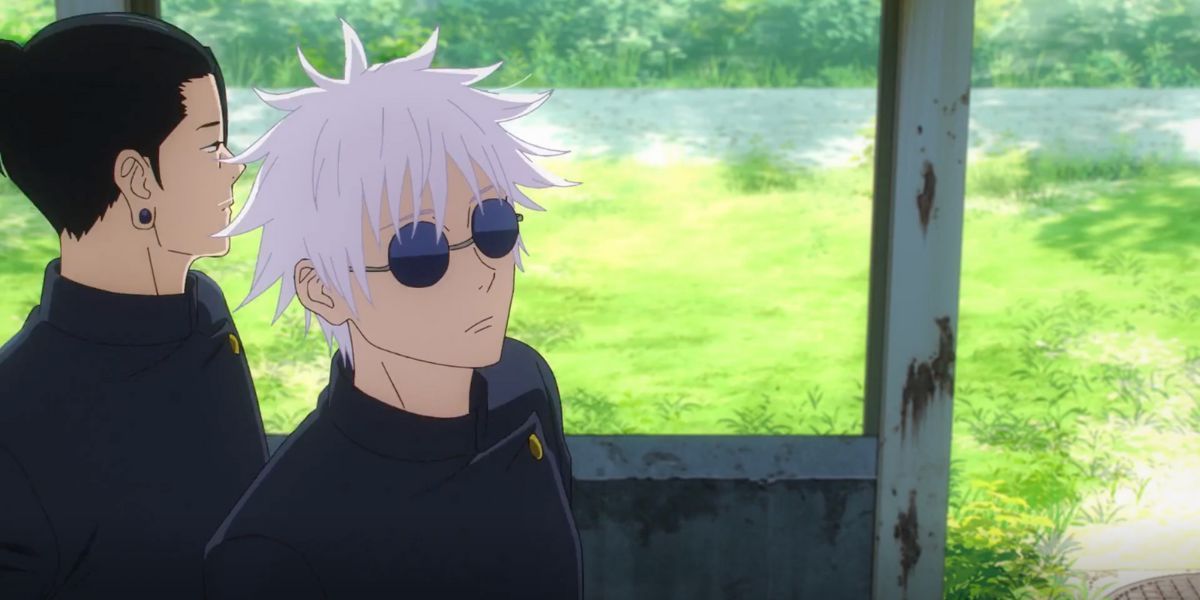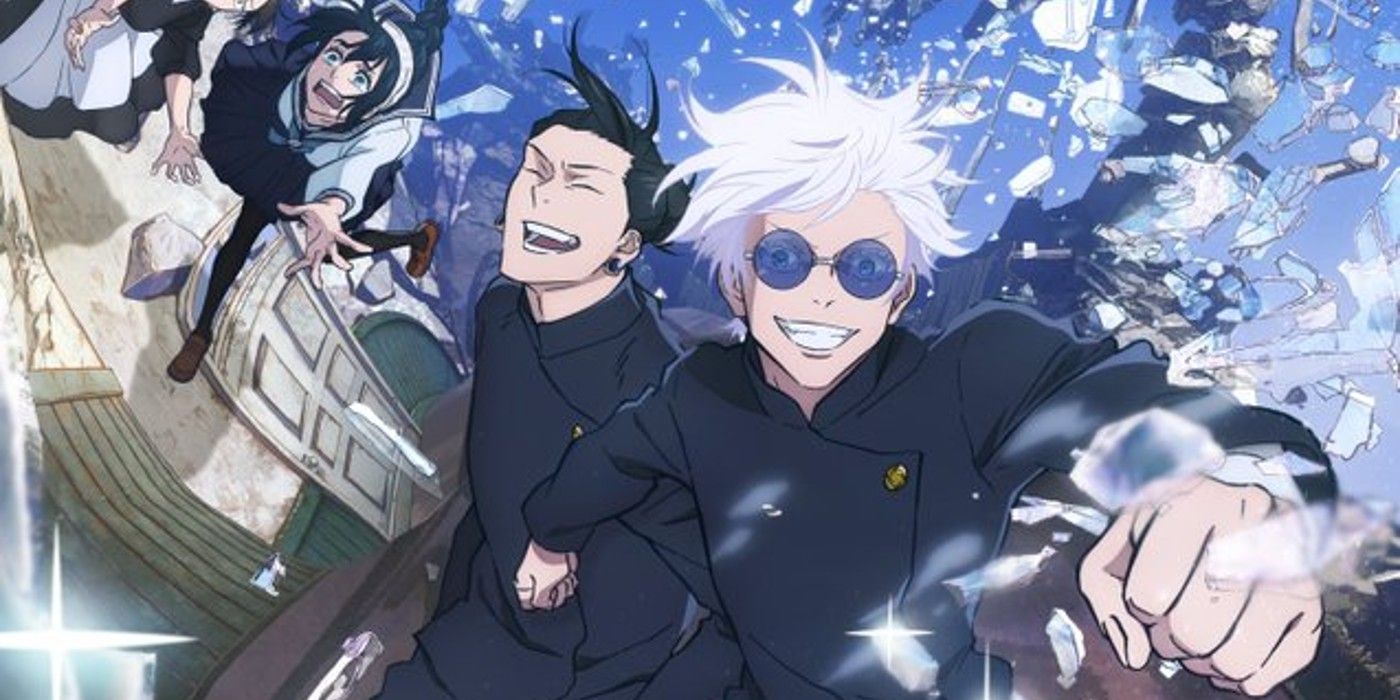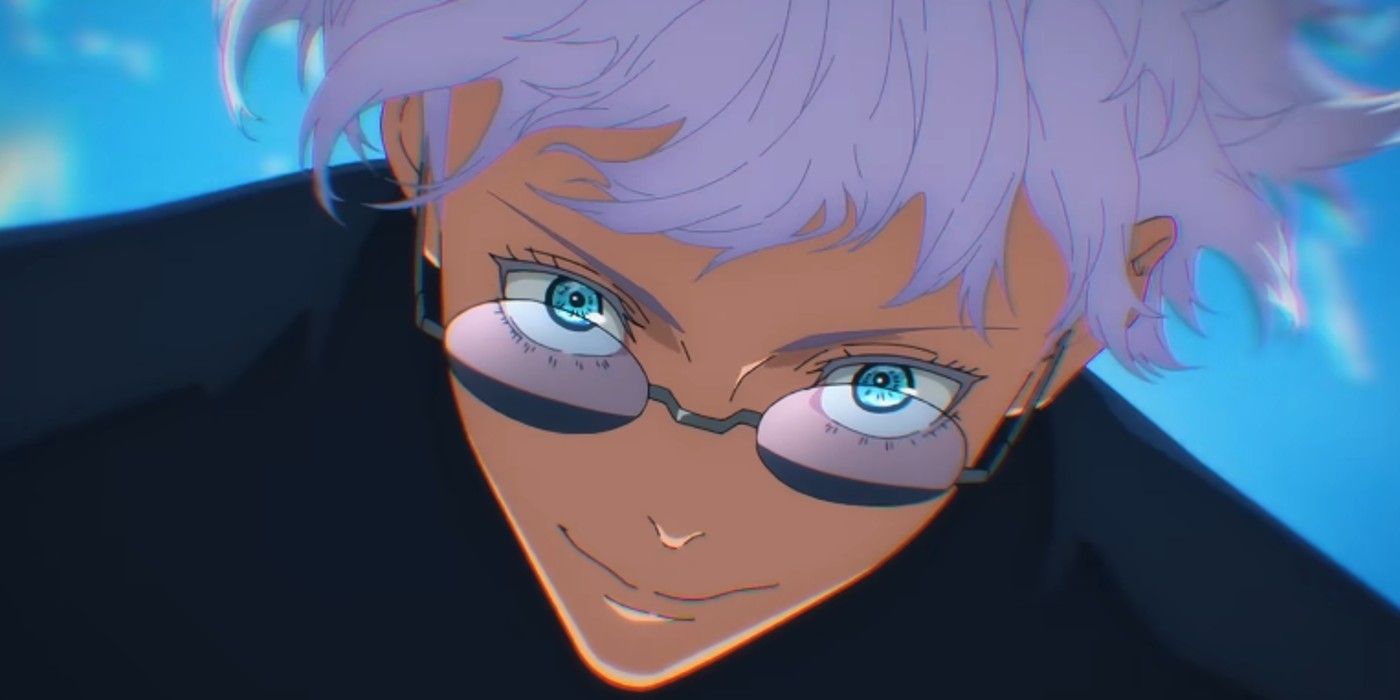
Jujutsu Kaisen: Debunking the Myth - Is Mahoraga Stronger Than Sukuna?

Is Mahoraga more powerful than Sukuna in Jujutsu Kaisen? Discover Sukuna's utilization of Mahoraga to defeat Gojo in the Jujutsu Kaisen manga
Ryomen Sukuna, known as The King of Curses, is widely regarded as the most formidable character in the Jujutsu Kaisen world. Few have managed to impress him, including The Divine General Mahoraga.
Although Mahoraga has yet to debut in the anime, his immense strength and overwhelming ability with the Eight-Handled Sword Divergent Sila have captivated manga fans. He is highly anticipated to appear in the ongoing Shibuya Arc in the anime and is considered one of the series' most powerful characters. This raises the question: is Mahoraga stronger than Sukuna?
Disclaimer: This article contains spoilers for the Jujutsu Kaisen manga. Reader's discretion is advised.
Is The Divine General Mahoraga stronger than Ryomen Sukuna in Jujutsu Kaisen?
The Shibuya arc of Jujutsu Kaisen witnessed a breathtaking clash between Sukuna and Mahoraga, resulting in a destructive battle that reduced the city to rubble. In the ultimate outcome, the King of Curses triumphed, showcasing his undeniable strength surpassing his adversary.
From the start of Jujutsu Kaisen, Ryomen Sukuna was introduced as the primary antagonist. He made his debut in the very first episode of the anime, establishing himself as the most powerful sorcerer in history. Once a human sorcerer, Sukuna was revered as The King of Curses.
On the other hand, the Divine General Mahoraga stands as the mightiest shikigami of Megumi's Ten Shadows Technique. With its imposing stature and monstrous visage, its immense power is evident at first glance. While possessing formidable combat abilities, Mahoraga's true strength lies in its remarkable ability to adapt to any and all situations.
If Mahoraga is struck by an attack in battle, the wheel on its head will spin. Furthermore, if the same attack is employed once more, Mahoraga will skillfully retaliate against it. This remarkable ability renders the defeat of Mahoraga nearly unattainable.
Only Sukuna, from Jujutsu Kaisen, has managed to defeat the Divine General in combat. This occurred during the Shibuya Incident arc when Megumi, heavily wounded by Shigemo, summons Mahoraga to take down his adversary. At this point in the story, no members of the Zenin clan had managed to control the Divine General.
In episode 17 of Jujutsu Kaisen Season 2, viewers will witness the first appearance of Mahoraga, who plays a significant role in the narrative. The Divine General engages in a brutal showdown against the King of Curses during this arc. Though Sukuna, with 15 fingers of strength, struggled in the fight, he ultimately used his Domain Expansion, Malevolent Shrine, and a fire arrow to defeat his opponent.
How Sukuna used Mahoraga to defeat Gojo in the Jujutsu Kaisen manga
During the battle, Mahoraga demonstrated remarkable prowess by seamlessly countering Sukuna's Dismantle technique, ultimately propelling him forcefully into numerous towering structures. It was in the midst of this intense clash that The King of Curses comprehended the indispensable significance of both Mahoraga and Megumi in his grand scheme for the forthcoming future.
The much-anticipated clash between Satoru Gojo and Ryomen Sukuna in Jujutsu Kaisen ended in a devastating defeat for Gojo. Throughout most of their battle, Gojo found himself at a severe disadvantage against Sukuna, since the King of Curses employed Megumi's Cursed Technique to summon Mahoraga for assistance. Unbeknownst to everyone, this was all part of Sukuna's intricate scheme to comprehend and conquer his adversary's powers.
In Chapter 235 of the manga, Satoru Gojo appeared to have achieved victory after unleashing a devastating Hollow Purple attack on Sukuna and Mahoraga, causing significant destruction in the city of Shinjuku. However, in the subsequent chapter, readers are presented with a poignant conversation between Gojo and the spirits of his departed friends at an airport. It became evident to every devoted fan that their cherished Sensei, with his trademark blindfold, was no longer with them.
The scene later shifted to Sukuna standing beside Gojo's lifeless body on the ground. The King of Curses proceeded to clarify that he had used Mahoraga as a 'role model'.
To conclude, Sukuna acquired a powerful technique from Mahoraga that enabled him to overcome Gojo's Infinity by dividing the surrounding space in half. Sukuna emphasized that the concept of Infinity held no significance as long as Gojo remained within the realm where Mahoraga could effortlessly sever anything. Utilizing this technique, Sukuna unleashed a crippling Dismantle attack that ultimately cleaved Gojo in half, seemingly bringing an end to his life.
Undoubtedly, Mahoraga is not just the most powerful shikigami but also stands as one of the mightiest figures in Jujutsu Kaisen. His unparalleled aptitude to effortlessly adjust to any occurrence provided him with a distinct advantage, surpassing even that of Satoru Gojo.
Meanwhile, Sukuna has demonstrated himself as not only the most powerful sorcerer ever known but also the dominant force in the series after the demise of Gojo. Presently in the manga, he poses an immense danger to the Jujutsu sorcerers, leaving uncertainty about who could potentially confront The King of Curses and permanently halt his reign of terror.
Editor's P/S
As a Gen Z fan, I am excited to see the upcoming battle between Mahoraga and Sukuna in the anime adaptation of Jujutsu Kaisen. The manga has already established Sukuna as one of the most powerful characters in the series, but Mahoraga's unique abilities make him a formidable opponent. I am eager to see how the fight will play out and whether Mahoraga will be able to defeat Sukuna.
I also appreciate the way that Jujutsu Kaisen explores the themes of power and sacrifice. Sukuna is a powerful sorcerer, but he is also a ruthless and selfish one. He is willing to sacrifice anyone and anything to achieve his goals, even his own allies. Mahoraga, on the other hand, is a powerful shikigami who is willing to sacrifice himself to protect his master. This contrast between the two characters highlights the different ways that power can be used and the different costs that come with it.






